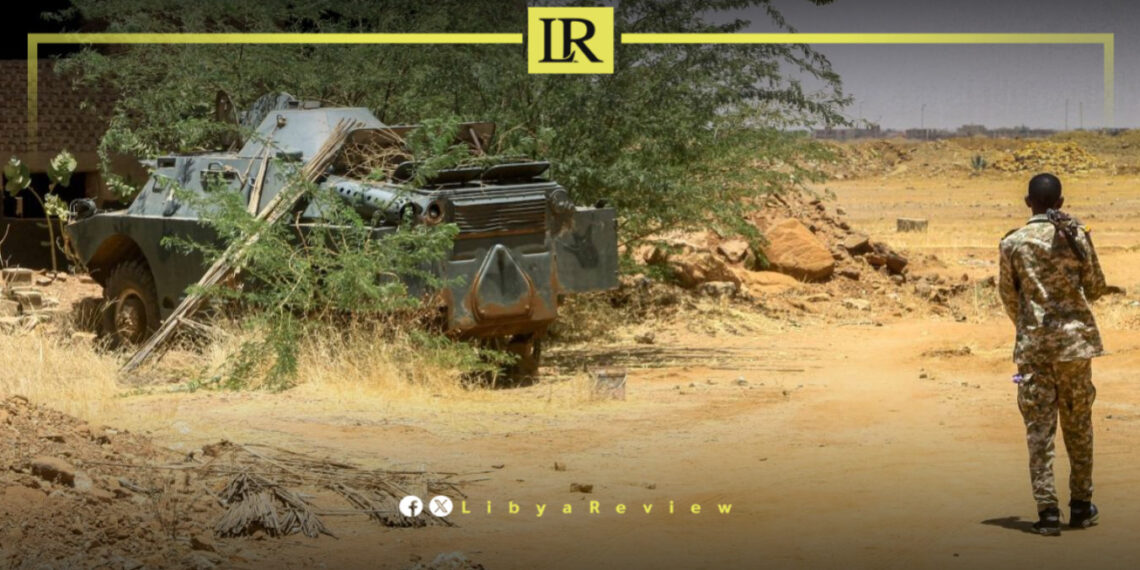A new report by the Italian Institute for International Affairs warns that Libya may face heightened security threats following the recent takeover of the border triangle between Sudan, Libya, and Egypt by Sudan’s Rapid Support Forces (RSF).
The think tank describes this shift as a critical development with deep consequences for Libya’s southern stability, regional border security, and migration flows toward Europe.
The RSF, led by Mohamed Hamdan Dagalo (Hemedti), now controls one of the most vulnerable and under-governed zones in North Africa. The border triangle has long been a hotspot for illegal activity, including fuel smuggling, arms trafficking, and human migration.
The report states that if the RSF succeeds in consolidating its position, it will transform these routes into militarized, informal networks of power, funding their operations, building alliances, and expanding influence beyond Sudan.
For Libya, this poses an immediate threat. The country’s southern border remains weakly monitored and already serves as a corridor for illicit flows.
Increased RSF activity could trigger a sharp rise in irregular migration and smuggling operations, overwhelming Libya’s already strained security infrastructure. The report warns that this will not only destabilize southern Libya but could also spill into northern regions, worsening the country’s already fragile security environment.
Moreover, the RSF presence opens the door to larger migratory movements from conflict zones in Sudan toward Libya and then north to Europe. The Libya-Sudan route may become one of the most active paths for illegal crossings, creating additional pressure on border areas and international agencies.
The report also points to the long-term risks of this development. The absence of state authority in the south and the emergence of armed, transnational actors like the RSF create a parallel system of governance, one that is outside legal control and resistant to peacebuilding efforts. In Libya, this undermines reconstruction, deepens divisions, and risks turning the south into a persistent zone of conflict, displacement, and organized crime.


